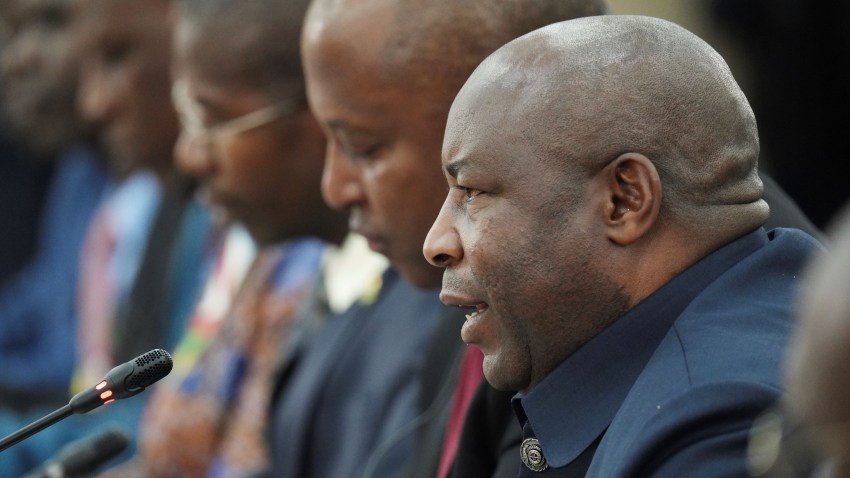In late December, 20 people were killed by a militia in Gatumba, a town in Burundi on the border with the Democratic Republic of Congo. An armed group named RED-Tabara has taken credit for the attack, but Burundi ultimately blames Rwanda, accusing Kigali of supporting the militia and labeling Kigali “a bad neighbor.” The rift deepened in January, when Interior Minister Martin Niteretse announced that Burundi would be severing diplomatic ties with Rwanda and closing the border between the two countries. Kigali vehemently denies the charges and accuses Burundi’s government of taking unilateral action.
Though sudden, the escalation of tensions between Burundi and Rwanda just two years after their ostensible reconciliation is unsurprising and can be traced to the conflict in eastern Congo.
Burundi had previously cut diplomatic ties with Rwanda in 2015 over allegations that Kigali had backed a coup attempt against former President Pierre Nkurunziza following Nkurunziza’s controversial election to a third term that year. Burundi proceeded to close its borders to Rwanda for seven years. Rwanda retaliated by repeatedly expelling Burundian refugees, claiming they were in the country illegally.

